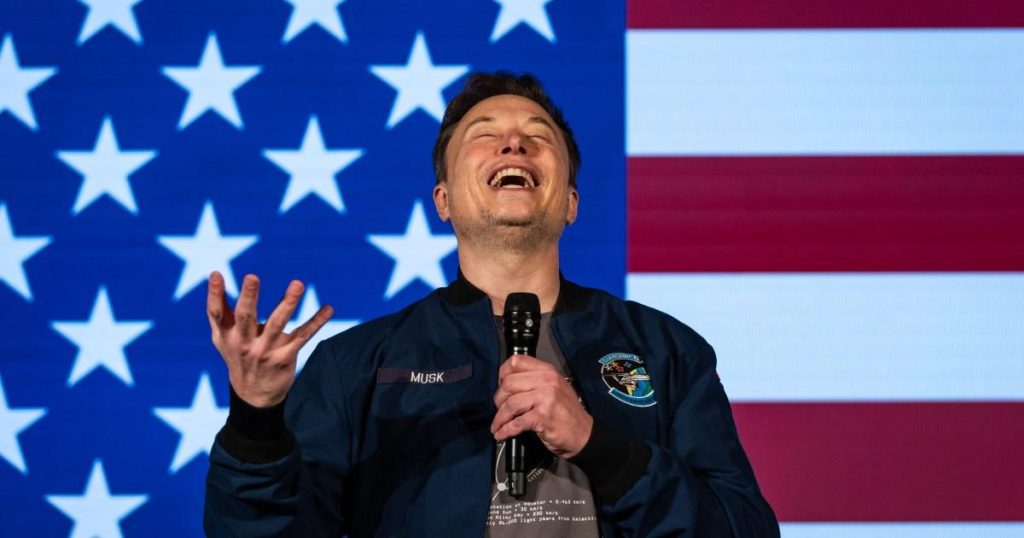This collection of reader opinions from Metro UK centers around the burgeoning yet seemingly fractured relationship between Elon Musk and Nigel Farage, with their differing views on Tommy Robinson serving as a catalyst for disagreement. One reader, Carlos from Lancashire, speculates that this public rift reflects a larger pattern of Donald Trump’s political opportunism, predicting that Trump, having used both Musk and Farage for his own electoral gains, will ultimately discard them both as he has allegedly done with other supporters.
The debate then shifts to the leadership of the Reform UK party. Henry Page from Greenwich criticizes Musk’s apparent support for Robinson, arguing that the British public would reject such a figurehead due to his selective targeting of minority groups while ignoring similar offenses committed by white individuals and institutions. Page questions Musk’s political acumen, suggesting that his endorsement of Robinson belies any claims of genius. Another reader questions who Musk would deem a suitable leader for Reform UK, highlighting the uncertainty surrounding the party’s future direction given the public disagreement.
The conversation broadens to encompass the concept of free speech. Triggered by Farage’s assertion on a political talk show that “free speech is back,” Andy Jinman from Worthing expresses concern over the version of free speech championed by Musk and Farage. Jinman argues that their interpretation allows for the promotion of far-right ideologies and the spread of hatred without consequences, which is detrimental to the UK. This raises a fundamental question about the limits of free speech and its potential misuse for promoting harmful agendas.
Moving away from the political sphere, several readers address the impact of extreme weather, linking it to the climate crisis and questioning the SNP’s stance on fossil fuel extraction. Ryan Cooper from London criticizes the SNP’s continued support for North Sea oil and gas exploration, despite the acknowledged contribution of fossil fuels to climate change and the push towards renewable energy. Cooper highlights the seeming contradiction between acknowledging the climate crisis and promoting policies that exacerbate it. Other readers point to the cyclical nature of the problem, noting how severe weather disrupts flights, which are themselves contributors to carbon emissions. This reinforces the interconnectedness of climate change and human activity. Furthermore, Michael from Tyne & Wear argues that extreme weather disproportionately impacts productivity, as school closures and difficulties in commuting affect certain demographics more than others, suggesting the need for infrastructure improvements to mitigate these effects.
The final reader contribution provides a pessimistic outlook on the Labour Party’s future prospects. Robert Hughes from London predicts significant losses for Labour in upcoming local elections, citing unpopular policies such as the withdrawal of heating allowances and increased national insurance contributions. Hughes further anticipates that increased public sector pay will fuel inflation and limit the Bank of England’s ability to reduce interest rates, potentially leading to recession or stagflation. He also points to potential challenges in securing a favorable trade deal with the US due to ideological differences between Keir Starmer and Donald Trump, and foresees difficulties arising from proposed renter protections. Ultimately, Hughes predicts a challenging future for Labour, suggesting that while Starmer might persevere, other key figures like Rachel Reeves and Angela Rayner will face significant obstacles.
In essence, these reader comments offer a snapshot of public opinion on a range of contemporary issues. They reflect concerns about political opportunism, the future of political parties, the complexities of free speech, the ongoing climate crisis, and economic challenges facing the UK. The diverse perspectives presented underscore the complexities of these issues and the lack of easy solutions. The reader contributions exemplify the power of public discourse in shaping political narratives and holding those in power accountable. They also highlight the vital role of platforms like MetroTalk in providing a space for public engagement and the expression of diverse viewpoints. These voices, collectively, contribute to a richer understanding of the challenges facing society and the potential paths forward.


